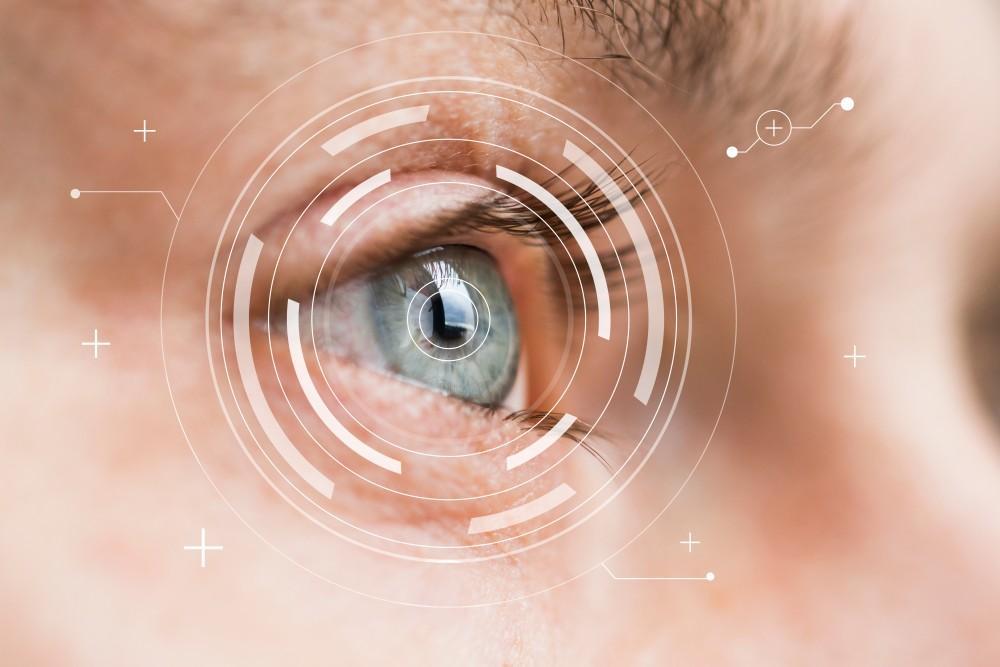
What Does It Mean to Have Astigmatism?

Do you have blurry vision at both long and short distances? If your vision problems go beyond nearsightedness or farsightedness, you may have trouble seeing clearly due to a common condition called astigmatism.
Experienced ophthalmologist Stephen Khachikian, MD, in Rapid City, South Dakota, is an expert in refractive surgery and can help if you have astigmatism. Here, we aim to give you a better understanding of the condition.
Astigmatism explained
Astigmatism is a common condition caused by an imperfection in the curvature of your eye’s cornea or lens. Usually, the cornea and lens are curved smoothly and equally in all directions. If you have astigmatism, the cornea or lens may have an uneven surface or may be curved more like an egg than a sphere.
As light enters your eye through your pupil, it passes through several layers: the cornea, aqueous humor, lens, and vitreous humor. As it passes through each layer, the light bends or refracts.
This refracted light is focused on the retina at the back of the eye, and the images received are sent as electrical impulses to the brain. But if your cornea or lens are misshapen, the light doesn’t bend properly. As a result, you may see fuzzy or distorted images.
This type of imperfection is called a refractive error. Astigmatism can occur in one eye or both.
Types of astigmatism
Astigmatism can be divided into two main types. Corneal astigmatism is caused by a misshapen cornea, while lenticular astigmatism is caused by a misshapen lens. If parts of your eyes are either cone- or egg-shaped rather than evenly curved, you may see more than one image or have blurry vision.
Symptoms
Unclear vision is a common complaint from our patients diagnosed with astigmatism. Other symptoms include:
- Trouble seeing at night
- Eye strain that may make your eyes feel sore or tired
- Squinting to see better
- Headaches that develop from looking at computer
If you’re having trouble with your vision, it may be time for a comprehensive eye exam. A variety of options are available to correct refractive errors such as astigmatism.
Correcting your vision
Many people with astigmatism also have nearsightedness (myopia) or farsightedness (hyperopia). Don’t worry, you can overcome this combination of vision problems.
Eyeglasses or contacts may be able to correct astigmatism, but refractive surgeries are safe and effective options that reshape your lens or cornea to help you see clearly without corrective lenses:
It’s important to get your eyes checked to make sure they’re healthy and stay that way for years to come. If your vision isn’t what it should be and you’re considering corrective surgery, request an appointment with Dr. Khachikian online or call 605-203-4268 today.
You Might Also Enjoy...


I’m Not a LASIK Candidate. What About PRK?

Telltale Signs Your Eye Problem Is a Cornea Issue

Why Are Cataracts Common In Seniors?

Can You Prevent Keratoconus From Getting Worse?


